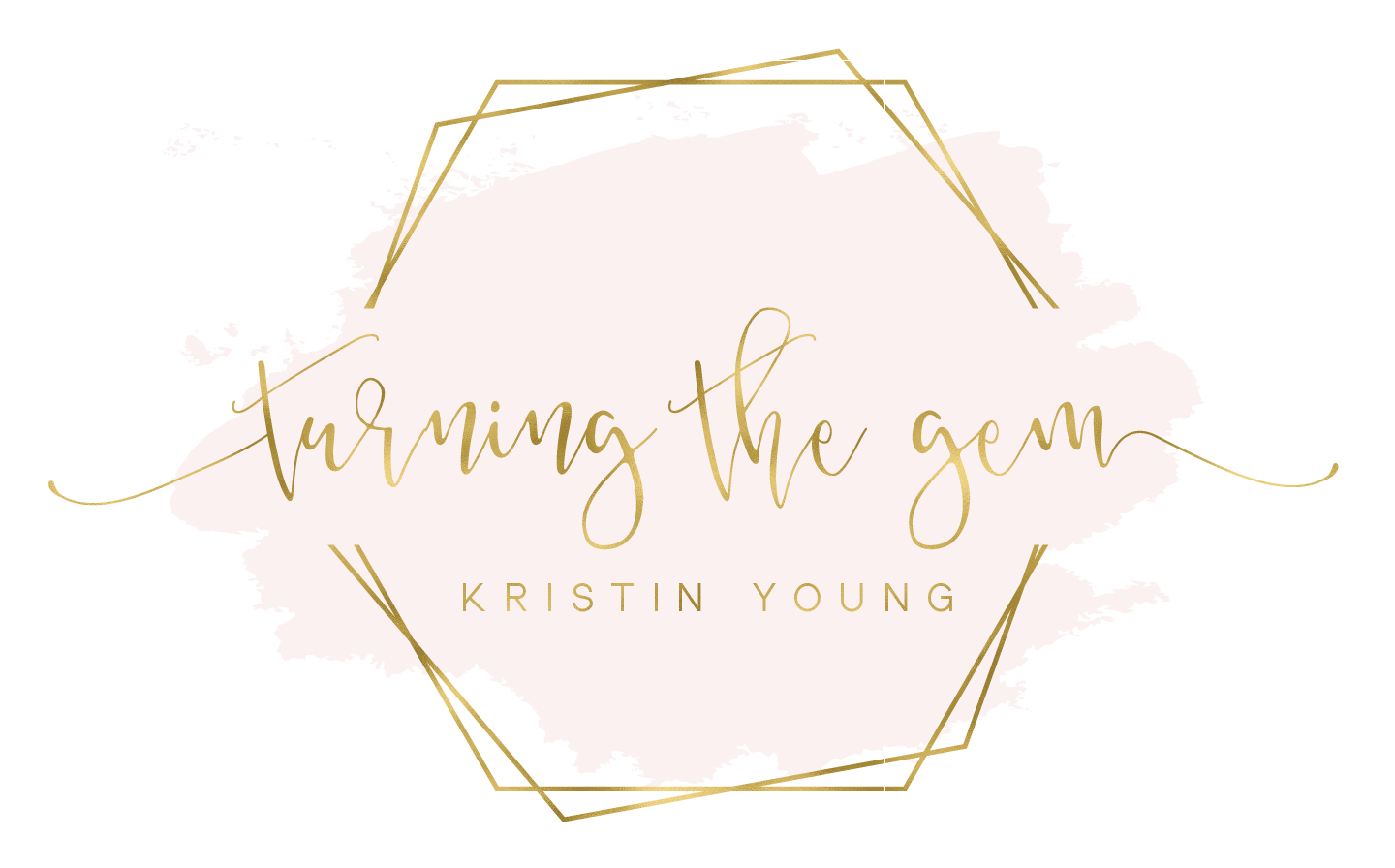Jesus, people & the Bible.
A Instagram friend sent me a question that I think many of us have asked. Or have been afraid to ask. So I’m sharing it here with my “Thank you for coming to my TedTalk” worthy response. Let’s discuss.
I had a conversation with a Christian coworker who said she isn’t into LGBTQ people and doesn’t think it’s okay that Biden give them more rights. I’m torn because how does Jesus feel about this…like wouldn’t he love them because they are humans? Or is it in the Bible somewhere that because God said marriage is between a man and woman, they shouldn’t be treated equally?
This is my answer regarding LGBTQ because that’s the topic that was presented but I feel as though this would be my answer for a lot of things people are trying to prove their side on, especially Christians. I look at 3 things: Jesus, people and the Bible.
JESUS
I start by putting Jesus in the situation. I’ve stopped trying to presume what he would do or say because there is truly no way for any of us to know. But the more I get to know his character, the more I get to know his heart. He loves people. So I think he would love people. End of story. He died for LGBTQ people (and black people and teenage mothers and girls having abortions and white nationalists and murderers and enter your group here) just as he died for me. If we want to work within the evangelical assumption that homosexuality is a choice and a sin, who am I to say that it’s any worse that my crappy sins Jesus died the same death for? He said all people. He said all sins. So…all.
PEOPLE
My guess is that the coworker in question here doesn’t have LGBTQ people in her life. It’s easier to make a claim on something that doesn’t affect you when it literally doesn’t have any affect on you, even secondhand. When you know people who are gay, your certainty that it’s something “they’re just choosing because they’re confused” changes. When you know people who are immigrants, your view of “those lazy people sneaking into our country and taking what’s ours” changes. When you know people who find themselves in extramarital affairs, your blanket perception of the “lying, cheating @$$%*&” changes. When you know someone who has an abortion, your judgement of the “loose women who can’t be responsible enough to stop sleeping around” changes. Pick one person you think you know and walk through life with them. I’m not saying we can love people out of poor choices or that there are no poor (unquestionably wrong) choices involved in these scenarios. What I am saying is that when you can replace the general conviction of an entire group of people with the face of someone you love, the person becomes more important than whether or not the issue is right or wrong. And it’s God’s job - not ours - to draw the line and figure out what to do with it.
THE BIBLE
We, as Christians, have done ourselves no favors expecting the Bible to be our guidebook for righteous living. It contradicts itself because it was written “by various writers who lived at different times, in different places, and under different circumstances and who wrote for different purposes.” (Thank you, Peter Enns) It makes us question and dig in to what we really believe it says as we get closer to God and let Him speak to us though it. It is not as clear as the Big-C Church wants you to believe. We know this. It’s why you find verses supporting opposite sides of any controversial topic. It’s why Christians have been wrestling with the same issues for decades. If the Bible was clear, don’t you think we’d have found the answer in all of our reading and researching and translating by now? The Bible is divine and special and alive and God uses it, I truly believe that. But once you begin to read the Bible as a book of wisdom instead of book of clear lines in the sand, telling you which side to stand on, it’s easier to go back to loving people first.
I’m honored to get these questions and provide any insight I can. That any of you would want to know what I think is humbling. I have no answers and I’m still very much in the process of learning myself. It takes a lot of humility and the laying down of both pride and shame to bravely say “maybe I have more to learn here,” especially when it comes to something as personal and fundamental as your faith. One of the best answers I can give you is to be okay with not having concrete answers. Be brave enough to dig in, explore, ask God to remove the blinders and change your heart where necessary. It’s not clear or easy but I bet you’ll come out on the other side with more personal conviction than you had under the limitations of your religion. If you need a space to process (and you understand how to disagree respectfully while also listening to the other side), I’m more than happy to share what I’m learning along the way.


